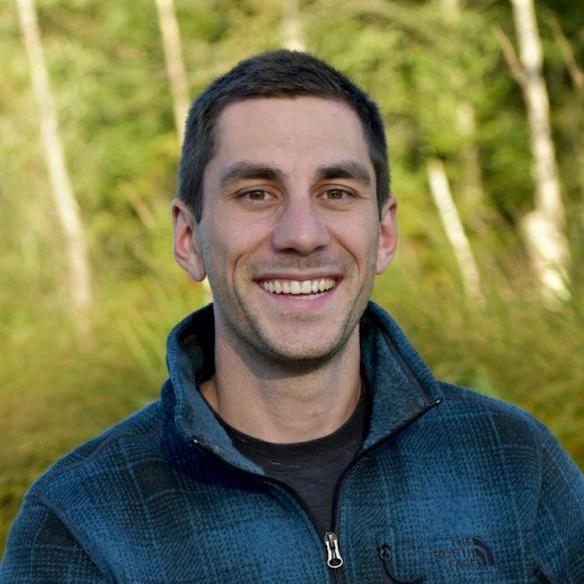David Peterson
David Peterson, MS
Associate Environmental Scientist
Clean Water Program
Resilient Landscapes Program
Watershed Science & Management
David Peterson is an Associate Environmental Scientist for the Resilient Landscapes and Clean Water programs at SFEI. He is a fluvial geomorphologist by training and primarily works on watershed-scale analyses of sediment sources, riparian and wetland condition, large wood, water quality, and landscape-scale drivers of aquatic and riverine ecology.
David received a B.S. in Water Resources at University of Wisconsin—Stevens Point and an M.S. in Watershed Science at Colorado State University, where he used crowd-sourced data to model flow duration in headwater streams across the Front Range to improve flow classifications of non-perennial streams. Prior to joining SFEI, David worked with the U.S. Forest Service PIBO Monitoring Program assessing bull trout and steelhead habitat across the Pacific Northwest.
Related Projects, News, and Events
 Sediment Solutions (Project)
Sediment Solutions (Project)
Sediment Solutions is a timely and innovative project that builds on SFEI’s past work, operationalizing cutting-edge science to inform management approaches that take advantage of natural processes to provide more creek sediment to baylands, increase climate resilience, and enhance creek health. With study areas in North Bay, East Bay, and South Bay, the project will provide new guidance for management strategies that support flood risk management and ecosystem health benefits throughout the region.
 Central California Coast Steelhead Regional Temperature Study (Project)
Central California Coast Steelhead Regional Temperature Study (Project)
SFEI worked with Valley Water and the San Francisco Bay Regional Water Quality Control Board to convene and facilitate a Technical Review Panel (TRP) as part of a Regional Temperature Study focused on assessing protective temperatures for Central California Coast steelhead.
 Managing Open Space in Support of Net Zero (Project)
Managing Open Space in Support of Net Zero (Project)
Protecting carbon stocks and increasing carbon sequestration can support climate change mitigation and maintain healthy, resilient ecosystems. To support SFPUC managers in making informed carbon management decisions, the Alameda Watershed Carbon Assessment offers scientific guidance on the watershed’s current and potential performance as a natural climate solution. This assessment was framed by two main objectives: to quantify current carbon stocks in the Alameda Watershed, and to evaluate opportunities to enhance carbon sequestration in its vegetation and soils.

